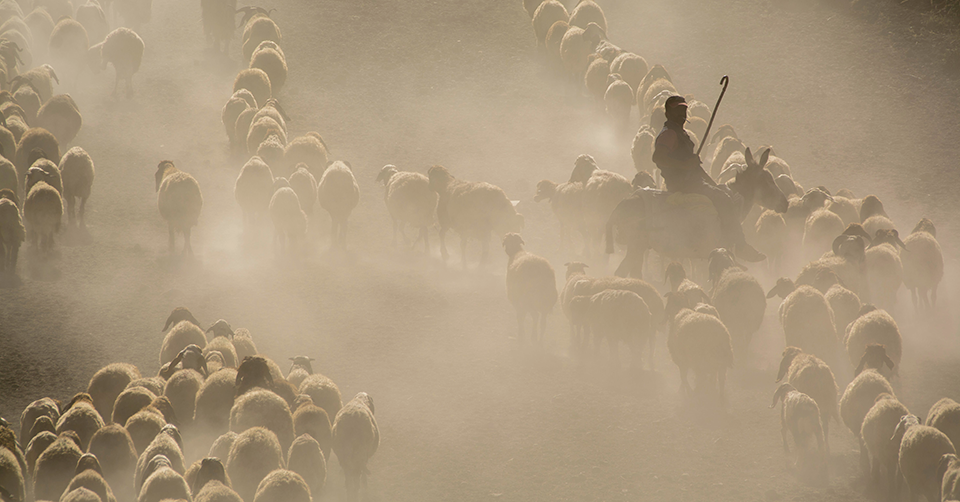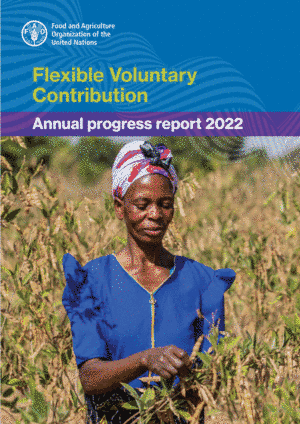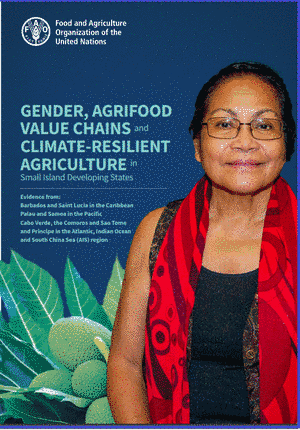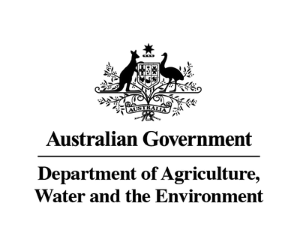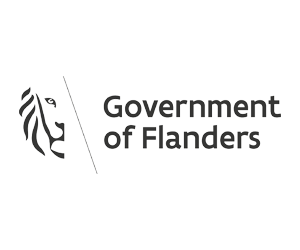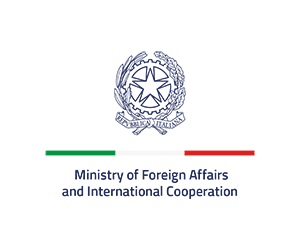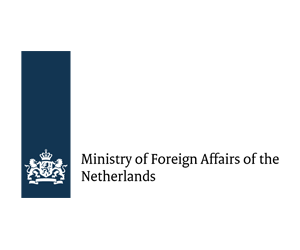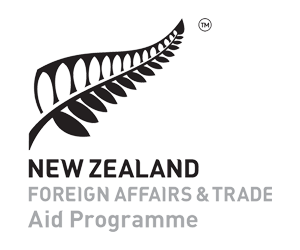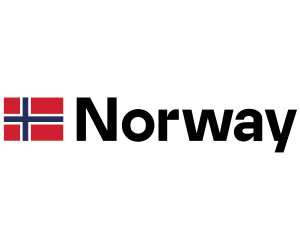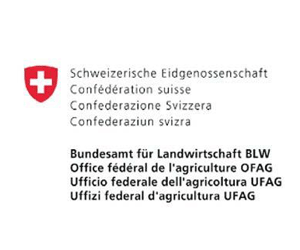The Flexible Voluntary Contribution (FVC), previously known as Flexible Multi-Partner Mechanism (FMM), is a pooled funding tool that allows resource partners to respond to development challenges in a timely and cost-effective manner. It is the Food and Agricultural Organization of the United Nations’ (FAO) main flexible multi-partner instrument for the achievement of results under FAO’s Strategic Framework and the realization of catalytic impacts. Read more...
The Global Network of Digital Agriculture Innovation Hubs

Ethiopia – Empowering Agricultural Innovation: Agri-innovation Bootcamp.
In the heart of the agricultural landscape where innovation and tradition intersect, Ethiopia's Digital Agriculture Innovation Hubs bootcamp - in partnership with the Ethiopian Ministry of Agriculture and the Entrepreneurship Development Institute (EDI)- took the lead in adding positive change to the country’s agrifood systems. This dynamic initiative was designed to address critical challenges in the agriculture sector, providing sustainable and profitable solutions while nurturing the potential of young minds and women entrepreneurs. [Read more]
Success stories
Highlights
Forging paths towards climate-smart livestock in Burkina Faso
Burkina Faso's livestock industry encompasses a wide range of activities, including cattle, poultry, and small ruminant farming. Despite its importance, this sector faces challenges, particularly...
Integrating livestock interventions in nationally determined contributions of Zimbabwe
Zimbabwe is affected by direct and indirect impacts of climate change. It has experienced severe livestock losses due to recurring droughts, heatwaves, and tropical cyclones,...
Resources
Share this page


